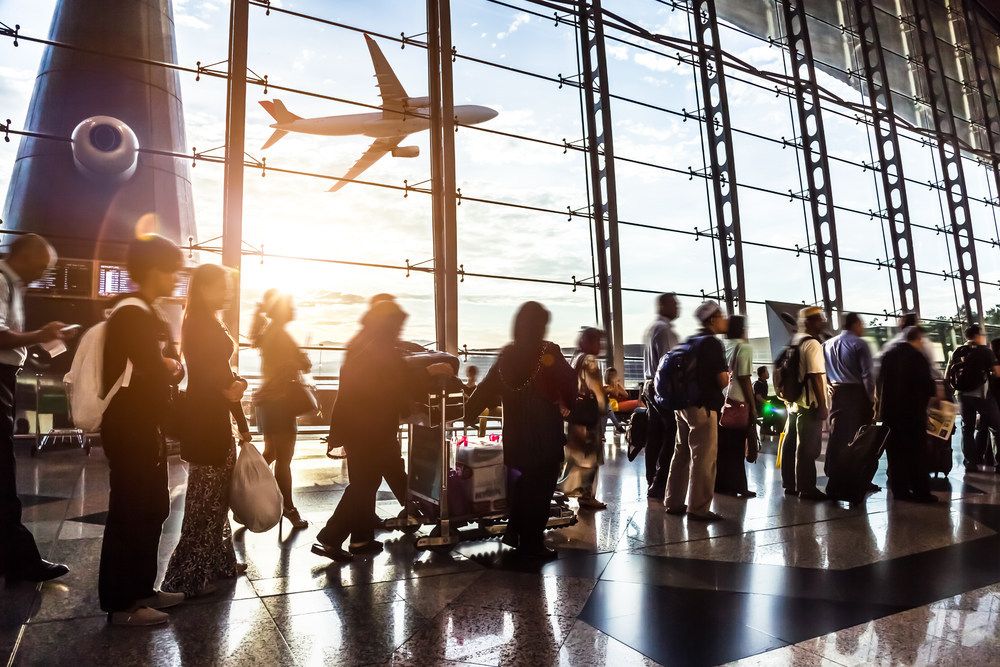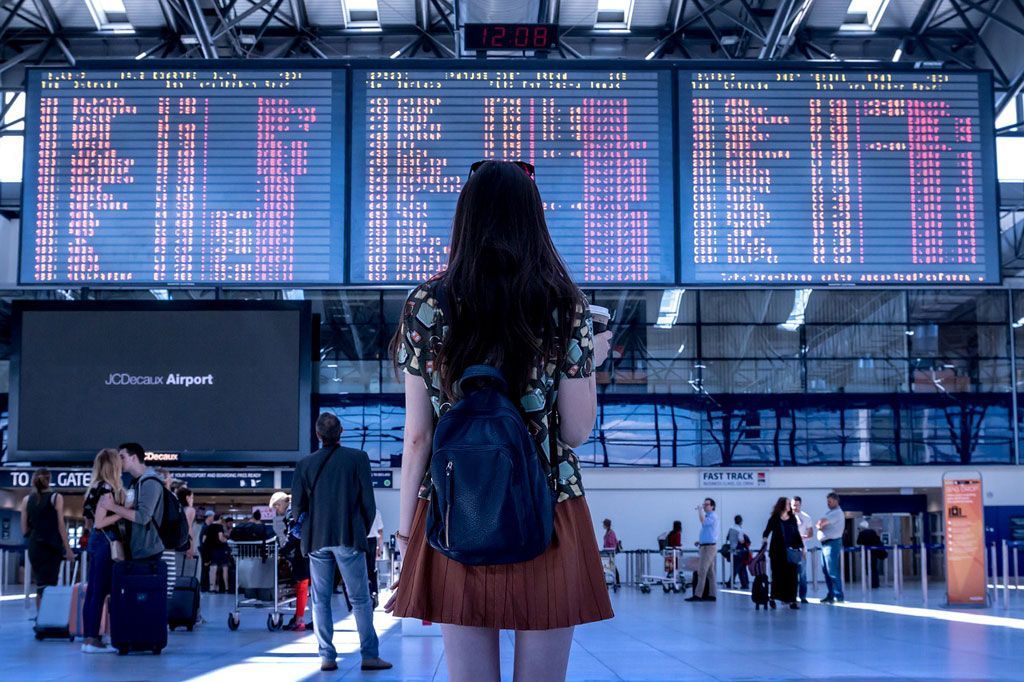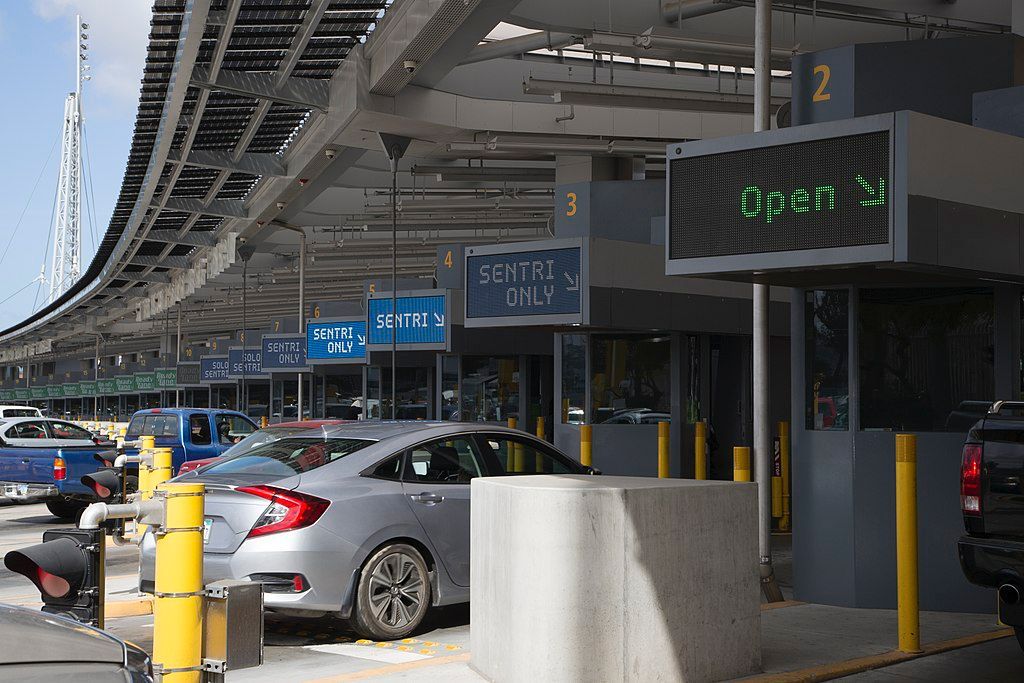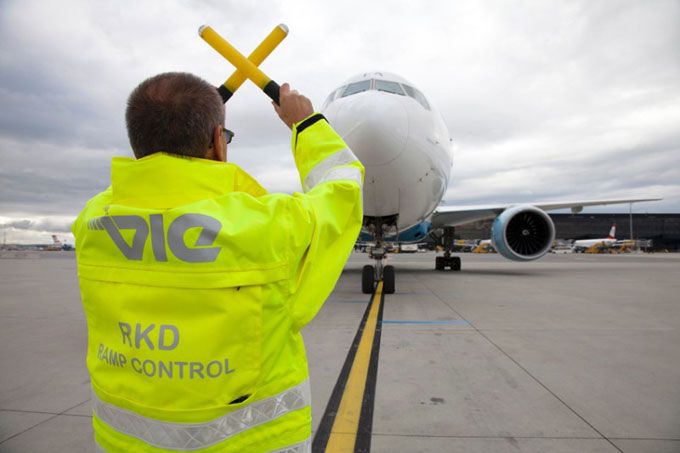Airports Council International (ACI) World analysis has revealed the actual and predicted extent of the impact on the global airport business of the COVID-19 pandemic.
In its fourth economic analysis bulletin – The impact of COVID-19 on the airport business – ACI has revealed that the airport industry is anticipating a -59.6% reduction in passenger volumes in 2020 vis-à-vis the projected baseline (pre-COVID-19 forecast for 2020) and a -58.4% reduction in passengers as compared to 2019. This equates to a reduction in passengers of -5.6 billion for the year.
Along with this, the airport industry is anticipating a -60% reduction in revenues as compared to the projected baseline. Revenues declined by -$10.3 and -39.5 billion (figures in US Dollars) in Q1 and Q2 2020, respectively, compared to the projected baseline. The revenue shortfall is expected to lessen to -$33.4 and -21.1 billion in Q3 and Q4 2020, respectively reaching an unprecedented $104.5 billion reduction in revenue for 2020 which heavily impacts the airport business.
ACI also highlighted a significant level of uncertainty surrounding the recovery trajectory, predicting that, by December, monthly traffic may reach between 27% and 60% of the projected baseline for December 2020. The most likely baseline scenario suggests passenger traffic volumes to reach 56%, ACI found.
Globally, passenger traffic volumes are forecast to not recover to 2019 levels before 2023 and markets that have significant international traffic will not recover until 2024.
“Airports are key drivers of economic development but, without any support from governments and with $104 billion in losses because of the devastating impact of the pandemic on aviation, it is now the time to come together to support recovery,” ACI World Director General Luis Felipe de Oliveira said. “Aviation will be central to the global economic recovery, delivering connectivity, trade, tourism, jobs, prosperity and growth.
“As air transport has always been an industry based on the interdependence of all its parts, the COVID-19 crisis devastated all stakeholders—from aircraft manufacturers and travel agents to retailers in airports—and resulted in job losses, business shutdowns, bankruptcies, and other instances of economic devastation.
“Beyond the immediate and apparent damages, the global economy has been hit hard by the loss of the benefits arising from air transportation activity. Indeed, according to the Air Transport Action Group (ATAG), as of 2018, aviation supports 65.5 million jobs worldwide and enables $2.7 trillion in global GDP.
“The recovery of air travel is crucial in the wider global economic recovery but, to succeed, it will need passengers to have confidence in the industry’s focus on their health and welfare.”
ACI has provided support and assistance for airports including initiatives like the Check & Fly app and its global Airport Health Accreditation programme to help them demonstrate that health and safety is the industry’s number one priority.
ACI World has also called on governments to follow a robust and consistent protocol for testing which should be implemented only when necessary and as an alternative to broad-brush requirements for quarantine.
“Unnecessary quarantine measures are harmful to passenger confidence so harmonized measures and a risk based approach that relies on scientific evidences will help to restore the traveller confidence and support the economy recovery of the aviation ecosystem,” Luis Felipe de Oliveira said.












